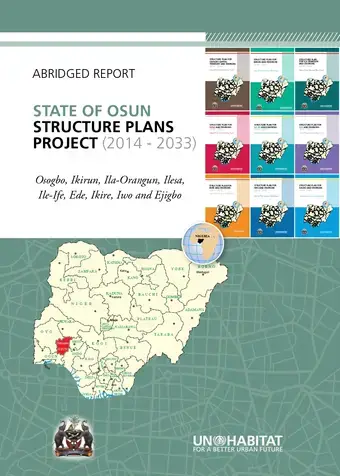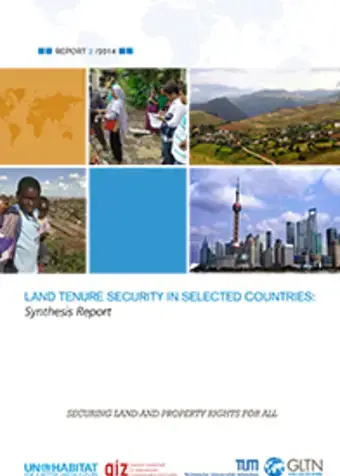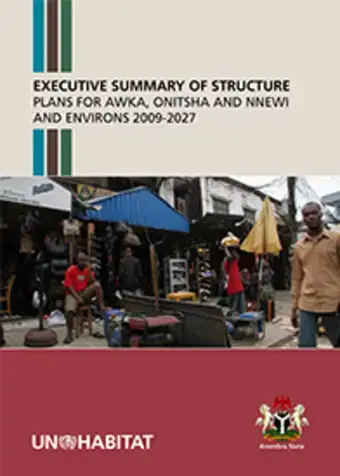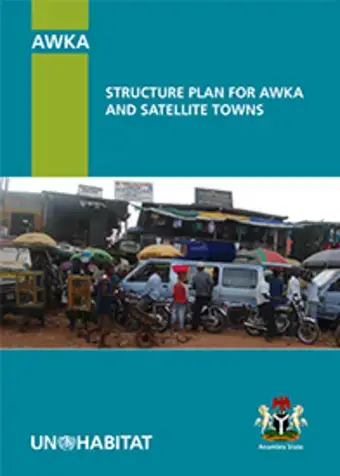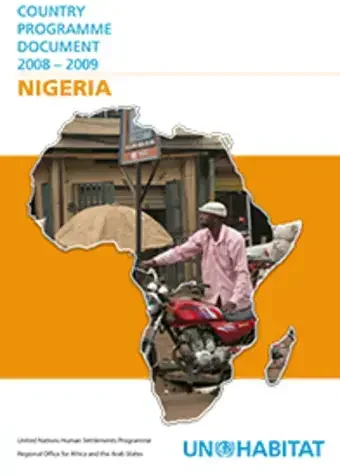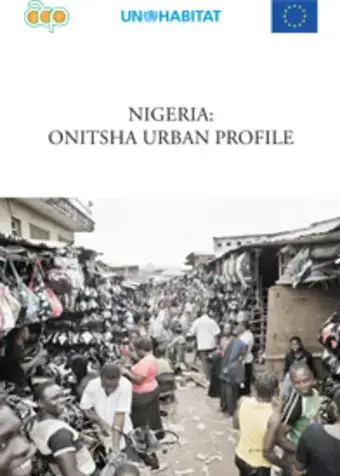Abuja, 12 January 2017 – The United Nations Human Settlements Programme (UN-Habitat), in partnership with the Federal Government of Nigeria, conducted hands-on training in energy efficiency and renewable energy technologies, green entrepreneurship and enterprise development for 125 selected youths drawn from 26 States across the Nigeria in Abuja in December.
World Cities Report launched in Nigeria
 Akure Ondo, Nigeria 08 September 2016— The Director of UN-Habitat’s Regional Office for Africa, Professor Oyebanji Oyelaran-Oyeyinka recently presented agency’s newly published World Cities Report at the Federa
Akure Ondo, Nigeria 08 September 2016— The Director of UN-Habitat’s Regional Office for Africa, Professor Oyebanji Oyelaran-Oyeyinka recently presented agency’s newly published World Cities Report at the Federa
Nigeria and Cameroun hold premier National Urban Forums
 Nairobi, 28 October 2014-- Nigeria and Cameroun recently held their first ever urban forums, underpinning the importance of such events as the world heads to the Habitat III Conference.It was remarkable that the two national urban forums were held as part of the World Habitat Day 2014 which was also part of the Urban October, the month UN-Habitat set aside to highlight urbanization issues in the world.In the Nigeria forum, the Federal
Nairobi, 28 October 2014-- Nigeria and Cameroun recently held their first ever urban forums, underpinning the importance of such events as the world heads to the Habitat III Conference.It was remarkable that the two national urban forums were held as part of the World Habitat Day 2014 which was also part of the Urban October, the month UN-Habitat set aside to highlight urbanization issues in the world.In the Nigeria forum, the Federal
